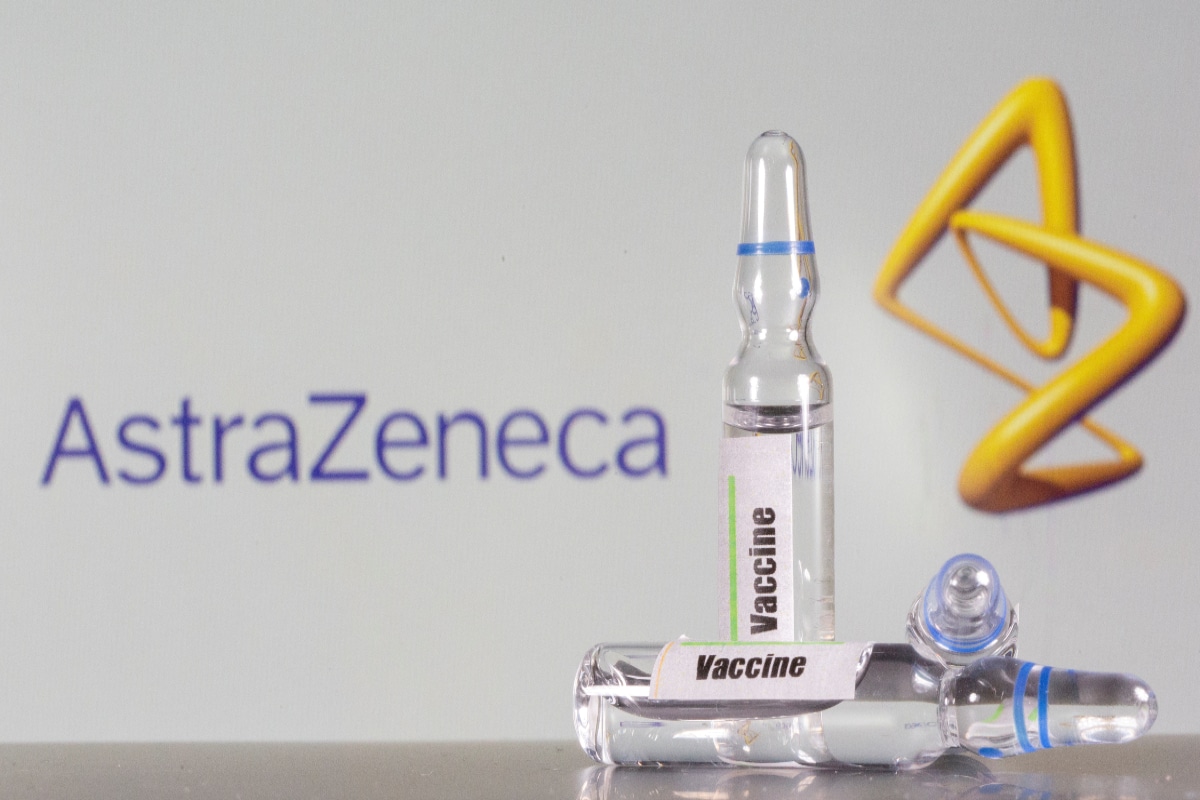
AstraZeneca and Oxford University on Wednesday acknowledged a production mistake that is raising questions about preliminary outcomes of their experimental COVID-19 vaccine.
vaccine.
A declaration describing the error came days after the business and the university explained the shots as highly effective and made no mention of why some study participants didn’t get as much vaccine in the very first of two shots as expected.
In a surprise, the group of volunteers that got a lower dosage appeared to be better safeguarded than the volunteers who got two complete dosages. In the low-dose group, AstraZeneca said, the vaccine seemed 90%reliable. In the group that got 2 full doses, the vaccine seemed 62?fective. Integrated, the drugmakers stated the vaccine seemed 70%reliable. The way in which the outcomes were shown up at and reported by the business has led to pointed concerns from specialists.
The partial results revealed Monday are from big continuous research studies in the UK and Brazil designed to identify the optimal dose of vaccine, in addition to examine security and effectiveness. Several combinations and doses were tried in the volunteers. They were compared to others who were offered a meningitis vaccine or a saline shot.
Did Researchers Mean to Provide a Half Dosage?
Before they start their research study, scientists spell out all the steps they are taking, and how they will evaluate the outcomes. Any discrepancy from that procedure can put the results in question.
In a statement Wednesday, Oxford University said some of the vials utilized in the trial didnt have the best concentration of vaccine so some volunteers got a half dose. The university stated that it talked about the issue with regulators, and accepted finish the late stage trial with two groups. The manufacturing problem has actually been remedied, according to the declaration.
WHAT ABOUT THE RESULTS THEMSELVES?
Experts say the reasonably little number of individuals in the low dose group makes it hard to know if the effectiveness seen in the group is real or a statistical quirk. Some 2,741 people got a half dose of the vaccine followed by a complete dosage, AstraZeneca stated. An overall of 8,895 individuals received 2 complete dosages.
Another element: none of the people in the low-dose group were over 55 years old. Younger individuals tend to mount a stronger immune response than older individuals, so it could be that the youth of the participants in the low-dose group is why it looked more efficient, not the size of the dosage.
Another point of confusion comes from a choice to swimming pool arise from 2 groups of individuals who received different dosing levels to reach an average 70?ficiency, stated David Salisbury, and associate fellow of the international health program at the Chatham Home believe tank.
You have actually taken 2 studies for which different doses were utilized and created a composite that does not represent either of the doses, he said of the figure. I think many individuals are having trouble with that.
WHY WOULD A SMALLER FIRST DOSAGE BE MORE EFFECTIVE?
Oxford researchers say they aren’t certain and they are working to reveal the factor.
Sarah Gilbert, among the Oxford scientists leading the research study, said the response is probably connected to supplying precisely the right amount of vaccine to activate the best immune reaction.
Its the Goldilocks amount that you desire, I think, not too little and not excessive. Too much could provide you a bad quality response also, she said. You want simply the right amount and its a bit hit and miss when youre attempting to go quickly to get that best first time.
What Are The Next Steps?
Information of the trial outcomes will be published in medical journals and supplied to U.K. regulators so they can choose whether to license distribution of the vaccine. Those reports will consist of a detailed breakdown that consists of market and other information about who got sick in each group, and give a more complete picture of how effective the vaccine is.
Moncef Slaoui, who leads the United States coronavirus vaccine programme Operation Lightning speed, said Tuesday in a call with press reporters that US officials are attempting to identify what immune reaction the vaccine produced, and may choose to modify the AstraZeneca research study in the US to consist of a half dose.
vaccine programme Operation Lightning speed, said Tuesday in a call with press reporters that US officials are attempting to identify what immune reaction the vaccine produced, and may choose to modify the AstraZeneca research study in the US to consist of a half dose.
However we want it to be based on data and science, he said.
Read More
http://phlebotomytechnicianprogram.org/astrazeneca-oxford-universitys-production-error-clouds-covid-vaccine-study-outcomes/
No comments:
Post a Comment